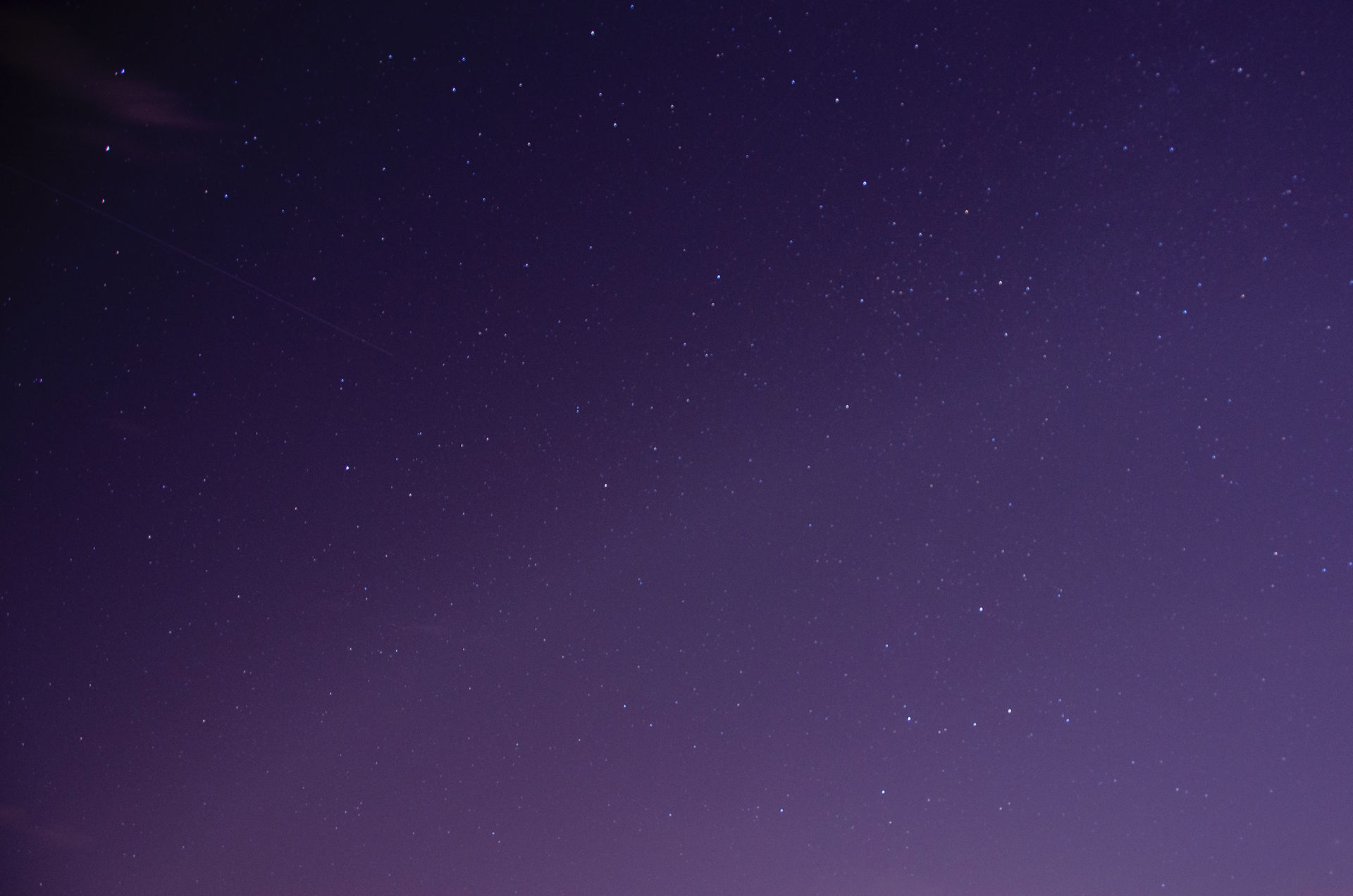Future, Not Perfect, part 2
- Barbara C. Daughter

- Oct 29, 2020
- 3 min read

Many say that one’s sexual orientation is a given at birth. I do not doubt this for the majority who are straight, lesbian, or gay. There are some who, perhaps, through fate and the course of history, are steered towards a path, contrary to the nature of their birth’s vibration. Perhaps I am one of those, who through influences felt but not known, experiences lived but not remembered, have ended up choosing a path of queerness. I recognize queerness, for I have long been called “Other.”
Coming out when I did, in the midst of radical lesbian feminists, some of us were pejoratively labeled “political lesbians” – we made our beds with women but were perhaps not innately called to that sexual orientation. As more recent studies have shown, women are sometimes more fluid with their attractions in regard to sex. I was not, and yet I was, a political lesbian. Having been introduced to the concepts of patriarchy through lesbian feminists and having found an erstwhile community, I struggled to make sense of the options I saw before me as a lesbian, a woman-not-woman.
As I read the first chapter of The Motherline: Every Woman’s Journey to Find Her Female Roots, I began to think about how we, as individuals and as a culture, could begin to express our gratitude for being birthed into this world. As I reflected on Naomi Lowinsky’s words, I began to have a greater appreciation for and awe of this amazing opportunity to be connected to Creatrix by this process which has been embraced, ignored, pondered, taken for granted, revered, despised, anguished over, reluctantly acquiesced to, and celebrated.[i]
Is there a huge cultural divide between women who are bearing children – simply because that’s what women do, as one of my classmates notes[ii] – and women who are able to reflect on and embrace the mystical, life-transforming, spiritual journey that is pregnancy, birth, and motherhood? If so, it’s hard to believe both realities exist in our world. When Arisika Razak speaks of embracing the birthing process as a first step in creating a more nurturing, less violent world in “Toward A Womanist Analysis of Birth,”[iii] I have to wonder how she will engage those who have not actively chosen to parent.
Dear Genea,
Given the tumult of my life – at the time I thought of you most – meant I did not fully investigate how I could have become a parent, as a lesbian. In those early years, when I imagined having a child, I fantasized about parthenogenesis: conjoining my egg with my partner’s, so that we could be your bio-parents, and naturally, you would be a girl-child.
These were my perceptions at the time, since my parthenogenesis idea didn’t materialize. I could choose to ask a man to donate his sperm and, using the turkey baster method popular at that time, self-inseminate. I did not know many men, as I lived and spent my social time primarily with other lesbians. And I certainly did not know any man with whom I might be willing to be entangled, legally, in case he were to change his mind, given the lack of legal precedents for rights of lesbians, known sperm donors, and their children. I nixed this idea. Another possibility was to seek an unknown sperm donor, but I also regarded this as untenable, because I would have wanted you to be able to find out who he was, if you ever wanted to know. Lastly, adoption was a possibility. The single women I knew, (and that’s how I would have been regarded in the adoption system, despite the fact that I was in a long-term relationship), were white, but were adopting mixed-race children. My social work training had instilled in me a strong sense of my limitations as a white person to raise a child who was not also white, and so I did not pursue this option, either.
Check back next week for more ...
[i] Naomi Ruth Lowinsky, The Motherline: Everywoman’s Journey to Find Her Female Roots, (Fisher King Press, 1992), 2. [ii] Irene Hauzinger, “Picking my Path – Sorting out options and confusion, by Irene,” in online Caucus for Embodying the Present course, CIIS, Response 35:19, September 10, 2011. [iii] Arisika Razak, “Toward A Womanist Analysis of Birth,” in Reweaving the World: The Emergence of Ecofeminism, ed. Irene Diamond and Gloria Feman Orenstein, (San Francisco: Sierra Club Books, 1990), 172.




Comments